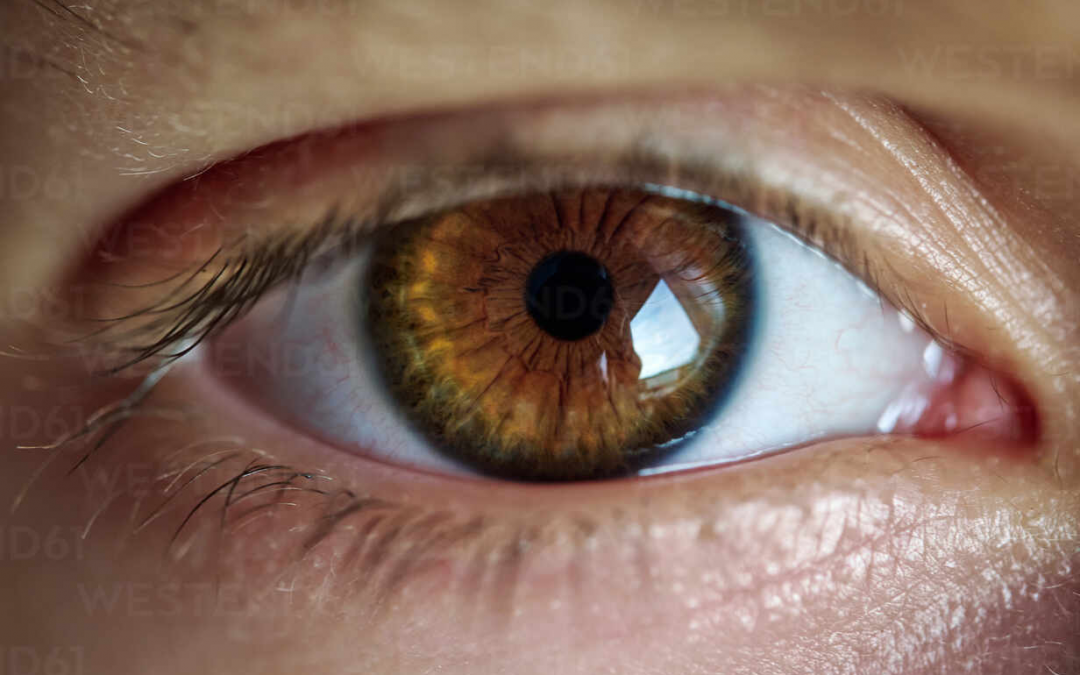I have always thought that people’s eyes matter. Perhaps when we meet another person and look them in the eye we have a sense of whether we are going to be safe with that person. Other peoples’ eyes are important, because we don’t see ourselves. We see ourselves reflected in the eyes of other people, which are like pools of water which show us not only who they are but also their response to us – our own image.
One of my favourite psychological theorists and practitioners was British psychoanalyst Donald Winnicott (1896 -1971). He was also a paediatric doctor for forty years at Paddington Green Children’s Hospital in London and serviced as consultant paediatrician to the UK children’s evacuation programme in the Second World War.
Winnicott wrote much about what happens to us in early life, particularly what he called ‘maternal preoccupation’ – the idea that early on in life we need to be responded to by seeing ourselves in someone’s face. In chapter 14 of my book 20 Ways to Break Free from Trauma I write about this concept of inner validation as going something like this: ‘If you see me and know I feel like this and do not reject me for it, I can accept that I have this feeling and be okay’. This process confirms our legitimate place in the world.
If our parent has a rigid face, is too preoccupied emotionally or caught up elsewhere, or is locked into sadness or depression, we will doubt ourselves, tend to be uncertain or anxious around others, patterns that can last the whole of our lives. Many in the world have been insufficiently mirrored in this way, and as a consequence, have a wobbly self image. That may show up as being overly image conscious, checking in the mirror constantly, or quietly ruminating on inadequacies about ourselves. At a more severe level, if we have been profoundly non-mirrored we might feel broken within, as if there is devastation and debris inside and a feeling of emptiness, like we don’t properly exist in the world.
One of the amazing jobs of psychotherapy is a process of long-term giving back what a person brings to us, not just in narrative but in emotional content, which may be layers down from the surface. This demands sensitivity, curiosity and patience over time. Long-term mirroring can be and is often transformational.
It was Professor Urie Bronfenbenner (1917-2005) who said: ‘Every child needs at least one adult who is irrationally crazy about him or her’. Not all of us have had this good fortune, but many of us find this through falling in love later or through a friend or therapist who sees the good in us, relentlessly believing in us, when we find it hard to do this for ourselves. I think of Winnicott’s phrase ‘The glint in the eye’ to describe this necessary aspect of mirroring. I see this concept in the revelling in being with another person, not because of something transactional or mechanistic that we might get from the encounter, but through the sheer delight of seeing them and understanding them for who they are, warts and all, with realism, with understanding and acceptance of limits, delighting in their company, their uniqueness, the particular mix of who they are right now being just perfect and delightful.

